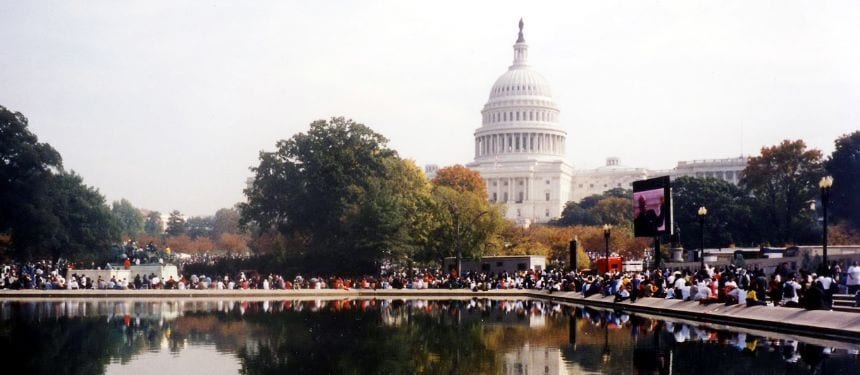What’s happening: Trump reinstates US travel bans

The Trump administration issued a travel ban on 4 June, suspending travel to the United States (US) for citizens of twelve countries - Afghanistan, Myanmar, Chad, Congo, Equatorial Guinea, Eritrea, Haiti, Iran, Libya, Somalia, Sudan and Yemen.
Seven countries will be subject to restrictions, which are Laos, Turkmenistan, Burundi, Togo, Sierra Leone, Venezuela and Cuba, meaning they can no longer apply for immigrant or non-immigrant temporary visas.
Background: Previous travel bans under Trump
Travel bans were implemented during Trump’s first presidential term, which caused less disruption to business travel than this travel ban is likely to. This is informed by the greater number of countries involved and the more robust methodology to determine the countries of concern.
In the first Trump administration, several countries’ citizens’ entry to the US was restricted, informally known as the ‘Muslim Ban’, which includes Iran, Iraq, Libya, Somalia, Sudan, Syria, and Yemen. Other countries were added to or removed from the list on a temporary basis, including Egypt, Mali, North Korea, South Sudan, and Chad, in the months thereafter. These restrictions were dropped after former President Joe Biden was elected.
Travel bans reinstated and expanded
The second Trump administration has reinstated the travel ban and expanded the original list of countries targeted, adding Myanmar, Haiti, Chad, the Republic of Congo, and Equatorial Guinea but removing Iraq and Syria. Additionally, it introduced two tiers of travel bans, which include the suspension or restriction of entry. Citizens of countries subject to restricted entry into the US cannot apply for immigrant or non-immigrant visas, while some temporary work visas will still be allowed; the entry of citizens from countries subject to suspended entries has been completely suspended.
There were three reasons given for implementing the travel bans, including terrorism, the lack of a competent or cooperative central authority for vetting or issuing passports, and elevated visa overstay rates among citizens. Terrorism was cited for Iran, Afghanistan, Somalia and Cuba, while issues with the central authority were cited for Afghanistan, Libya, Somalia, Eritrea, Haiti, Sudan and Yemen. An elevated number of visa overstays by citizens was cited as the reason for the remaining countries, along with Haiti.
What the ban means for business travel
Business travellers from the countries listed under suspended entry will not be able to travel to the US; exceptions may be made for dual nationals, but increased scrutiny at the port of entry should be expected.
Increased scrutiny should also be expected for citizens of the seven countries facing restrictions on entry, with an elevated risk of travel to the US being denied by American authorities.
The travel ban includes exceptions for lawful permanent residents, existing visa holders, certain visa categories and individuals whose entry serves US national interests, meaning that they are highly unlikely to be impacted.
Foreign nationals travelling to the countries assessed by the US as being state sponsors of terrorism or a safe haven for terrorists are highly likely to face increased scrutiny upon departure; this is likely to also be the case for countries with limited or uncooperative central authorities. Increased scrutiny for travellers is unlikely when travelling to countries whose citizens have elevated visa overstay rates.
Advice for business travellers to the US
- Those planning travel to countries impacted by the travel ban should be mindful of retaliatory measures implemented by affected countries. Chad, for example, plans to stop issuing visas to US citizens in light of the latest travel bans.
- US nationals travelling to countries impacted by the travel ban should remain vigilant to increased scrutiny at border entry points, as well as the elevated potential for hostility from the local population or associated protest activity.
- Liaise with your local embassy for information and advice regarding the US travel bans.
The Trump Administration’s travel bans underscore the need for flexible and actionable security risk management policies which can respond to similar measures at short notice. It remains plausible that the travel bans will be amended, subject to how affected countries respond to the bans, as well domestic legal challenges in the US. Organisations with operations in affected countries should continue to monitor developments on a regular basis.
Contact Healix for up-to-date analysis, assessment and advice at enquiries@healix.com



